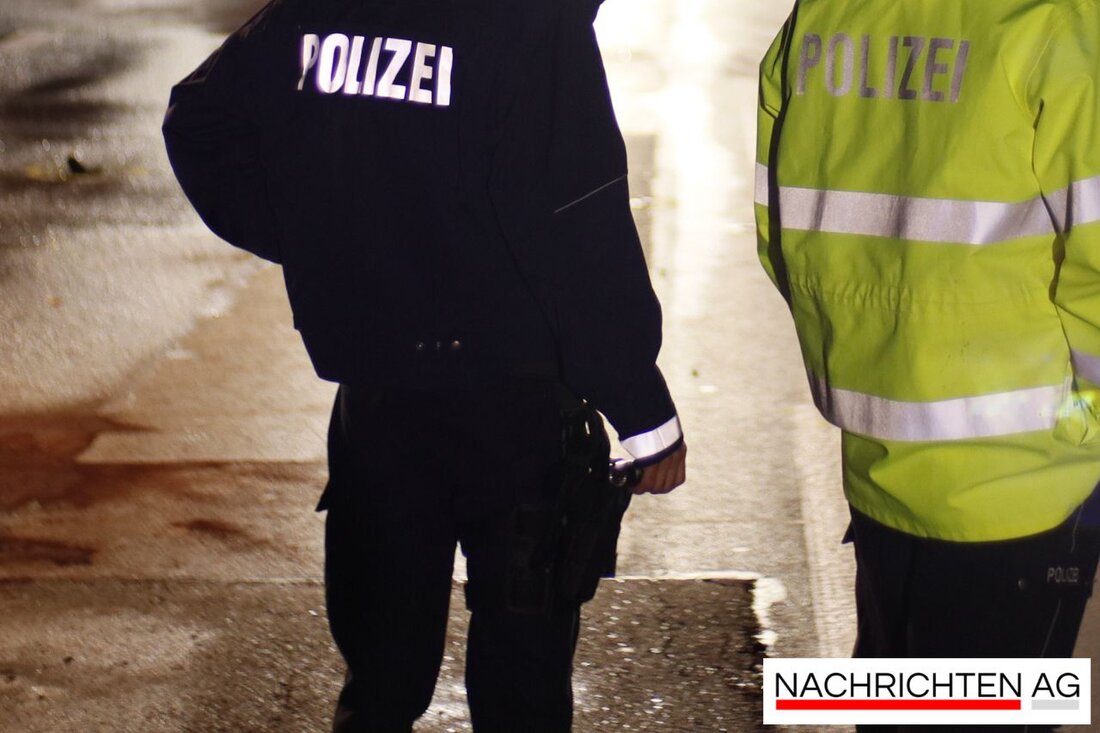Speeding accidents: 25-year-old receives almost four years in prison in Darmstadt!
Darmstadt Regional Court sentenced 25-year-old to 3 years and 10 months in prison for prohibited car racing after a serious accident.

Speeding accidents: 25-year-old receives almost four years in prison in Darmstadt!
In Darmstadt, a 25-year-old speeder was sentenced to three years and ten months in prison. The regional court decided against a suspended sentence and revoked the defendant's driver's license for five years. The incident occurred on September 2, 2024, when the speeder, emotionally upset after an argument with his superiors, drove through the city at around 100 km/h and repeatedly ran red lights. There was a serious traffic accident in which a 29-year-old driver of an oncoming vehicle was seriously injured. The court made it clear that the speeder did not cause the serious accident with intent to kill and reduced the original charge of attempted murder to a prohibited motor vehicle race in accordance with Section 315d of the Criminal Code.
The verdict was made taking into account a psychiatric report that determined cannabis-induced psychosis with manic symptoms. This finding supported the arguments of both the prosecution and the defense, which focused on the dangerousness of the defendant's conduct. The prosecution had asked for a sentence of five years, while the defense asked for a maximum of three years. Judge Volker Wagner expressed concerns about the defendant's inner drive and noted that psychological problems may have played a role in the crime. nau.ch reports that ...
Psychological consequences of traffic accidents
Traffic accidents not only leave physical damage, but also psychological scars. Psychological impairments, such as those seen in the 25-year-old's case, can often affect both those who were harmed and those who caused them. A study by the Federal Highway Research Institute shows that a quarter of the seriously injured people surveyed suffer from psychological impairments after a traffic accident, often in the form of post-traumatic stress disorder (PTSD). These psychological consequences can occur both immediately and long-term and often require specialized treatment.
Many of those affected not only develop acute stress reactions such as disorientation and memory impairment, but also struggle with long-term problems such as fear of driving, depression or sleep disorders. Innovative therapies such as exposure therapy using a driving simulator have proven to be an effective means of treating such psychological syndromes. This form of therapy is used in specialized centers to help traumatized patients overcome their fear through controlled confrontation and regain confidence in driving. forum.dguv.de highlights that ...
In summary, the case of the speeder not only represents an example of the dangers of road traffic, but also underlines the importance of treating the psychological consequences of traffic accidents. This issue remains of great importance and requires more attention, both in the justice system and in health care, and more comprehensive solutions for those affected. lto.de reports that ...

 Suche
Suche
 Mein Konto
Mein Konto